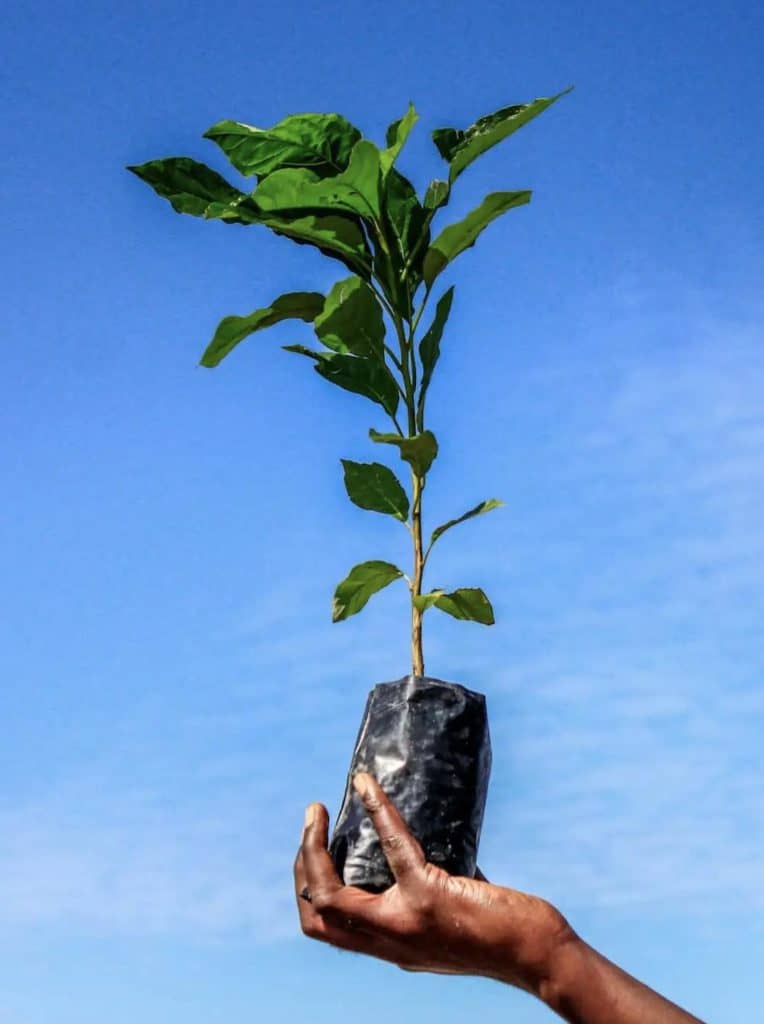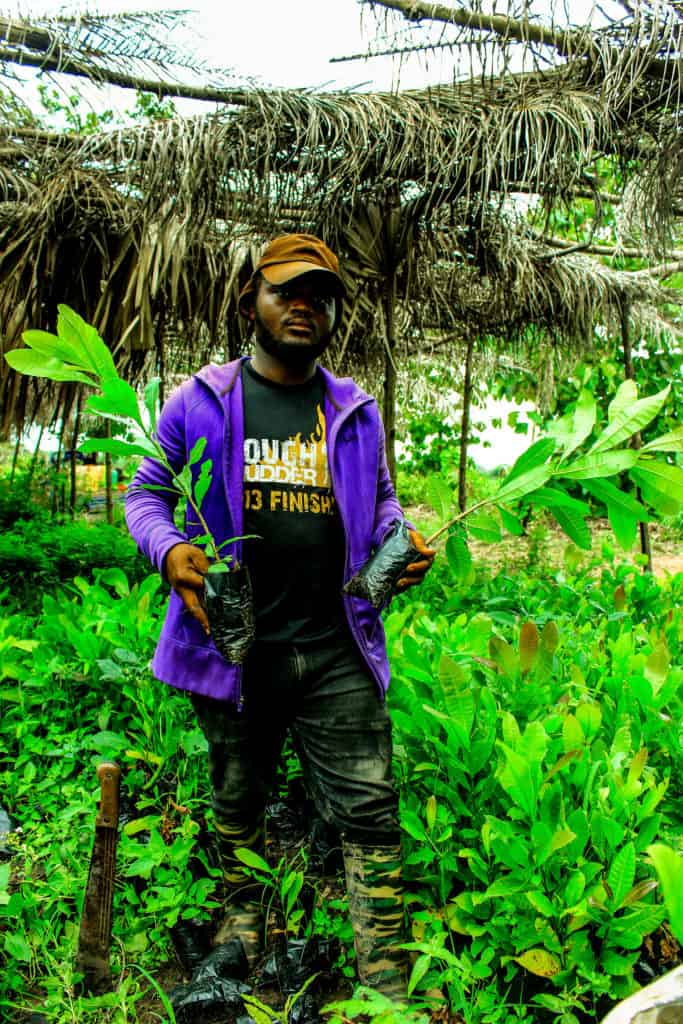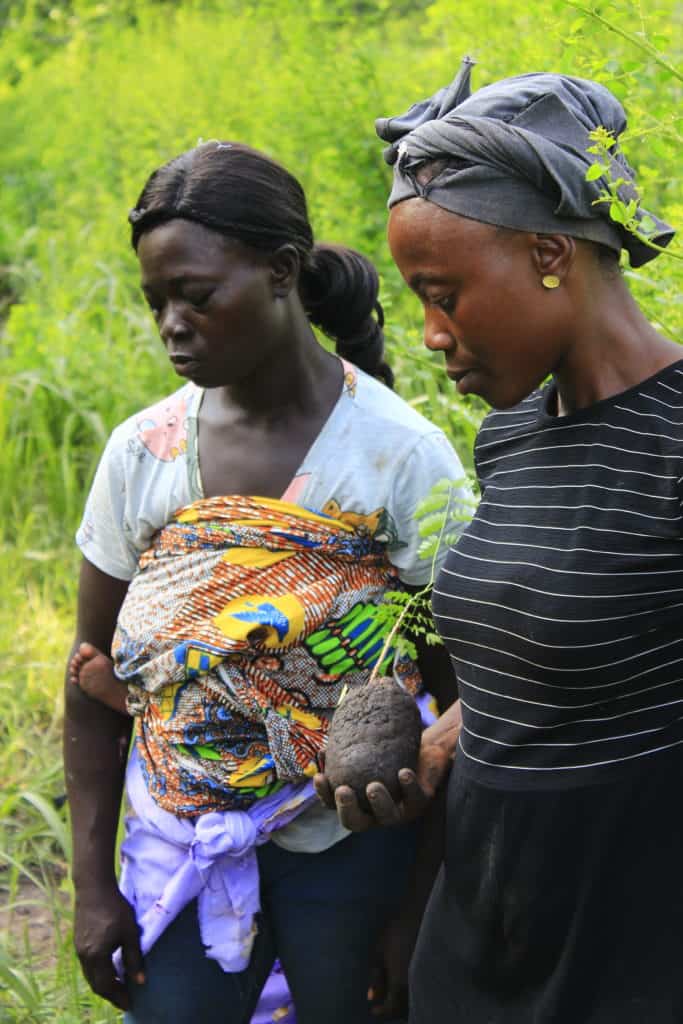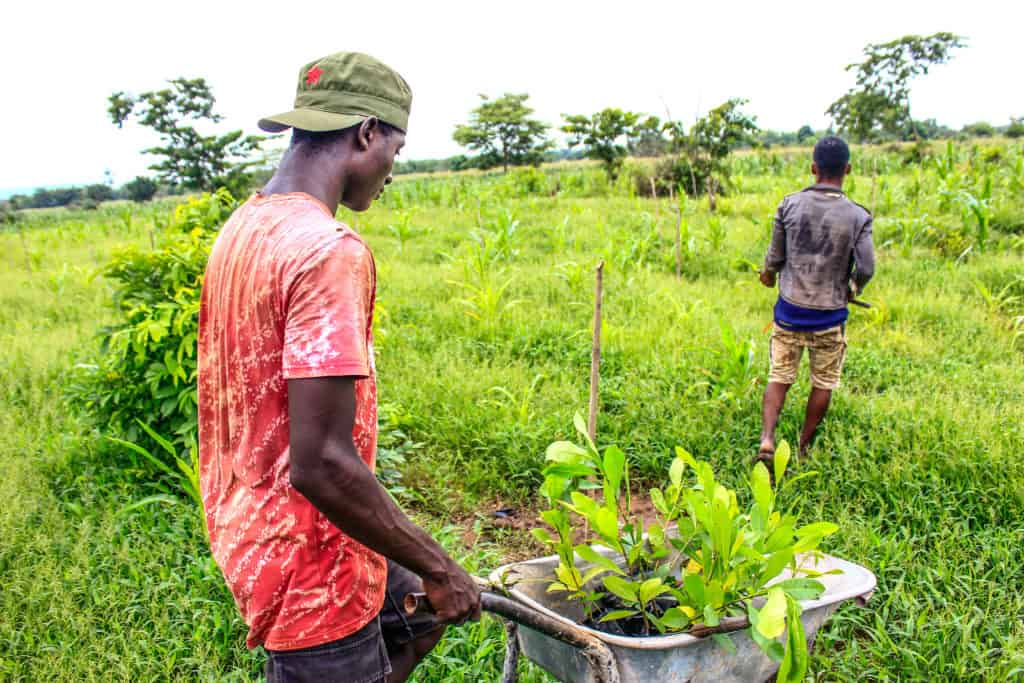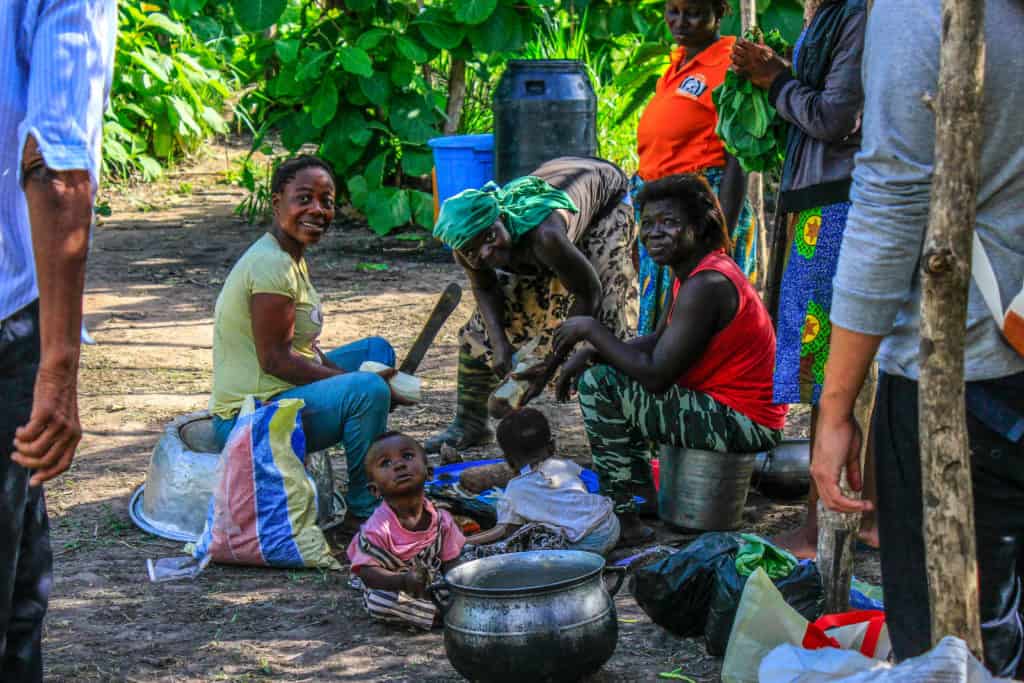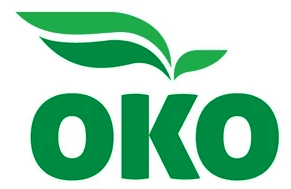OKO Forests Agroforestry Case Study
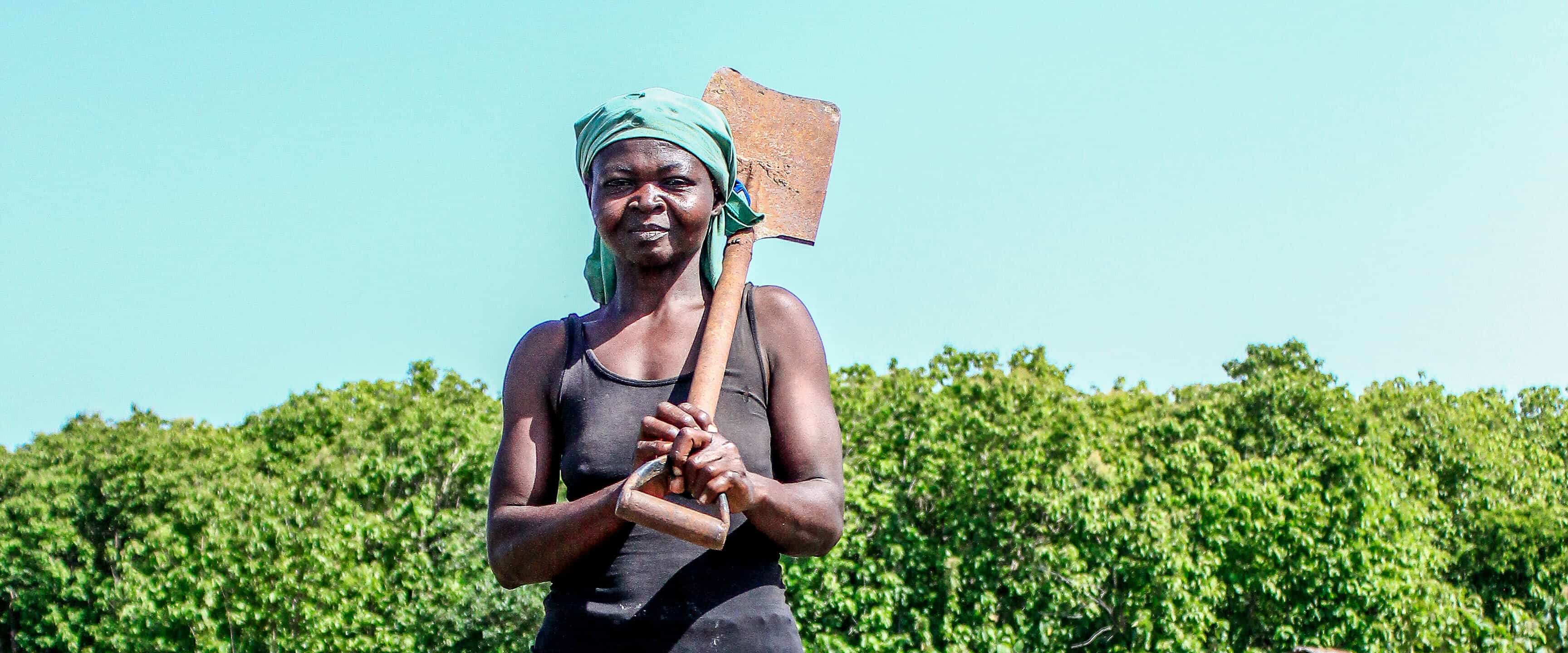
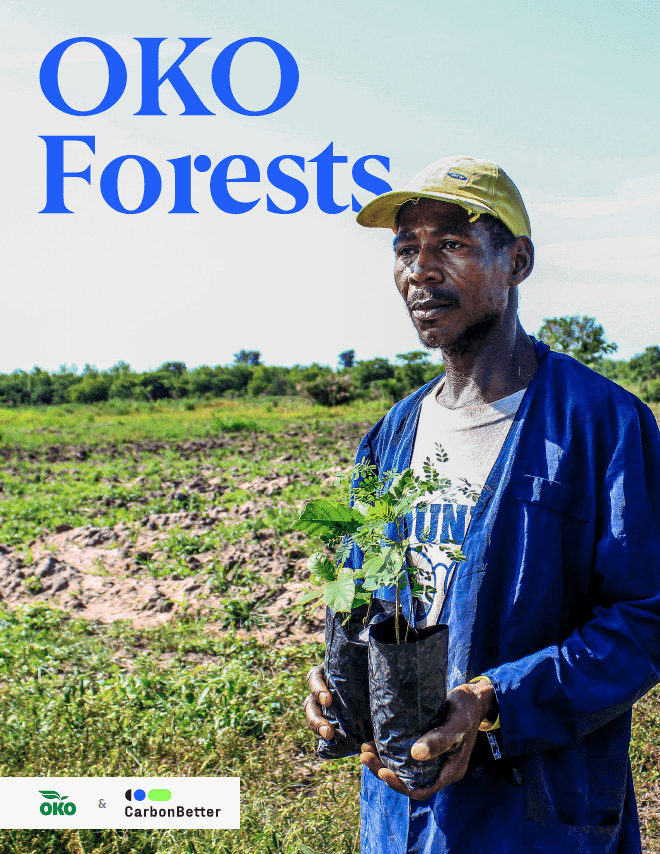
DOWNLOAD THE FULL OKO FORESTS CASE STUDY
Enter your email below to download the full case study PDF to learn more about the OKO Forests reforestation program in Ghana.
Carbon sequestration through reforestation in Ghana
OKO Forests (OKO) is located in the Ashanti Region of Ghana. OKO began as a reforestation project, creating a buffer zone adjacent to the Kogyae Strict Nature Reserve (KSNR). Through this effort, OKO is focused on protecting and enhancing biodiversity through a traditional agroforestry approach. As surface mining increases, there is a direct correlation to deforestation – tree removal is required to access highly sought-after mineral resources. This project seeks to provide a protected area from surface mining in addition to socio-economic benefits for the community and the KSNR. With local and government partnerships, private investment, research, education, and outreach in mind, OKO aims to have a lasting impact in the region.
The Agroforestry Approach
OKO’s agroforestry approach delivers carbon sequestration benefits in combination with the crop and community benefits. A key challenge that OKO faces surrounds education; farmers are currently overusing harmful fertilizers instead of well-known organic methods that regenerate the soil and increase crop yields. In many cases, farmers are unaware of natural fertilizer methods.
OKO is focused on empowering the farmers by meeting them where they are and working with them over time. For OKO, this means walking farmers through two developed agroforestry methods while educating them on the benefits each plant can provide to the soil or surrounding crops in addition to the use of cover crops to reduce the risk of bushfires and in the use of natural fertilizers to improve harvesting outcomes.

OKO’s Crop Selection
In evaluating crop selection, OKO has completed multiple rounds of tree modeling, including experimenting with different combinations and spacing of cover crops and trees. As part of this, drought resistance played a key role in crop selection to work with the Ghanian climate. OKO embraces the permaculture ethos of working with nature rather than against it and has a Ghana Permaculture Institute certified farmer on staff. Moving forward, three main priority crops have been selected: acacia trees, cashew trees, and the root crop cassava.
Partnerships & Gender Equity
As OKO continues to plant and grow, they have established partnerships that provide regional opportunities for OKO to pursue, including gender equity and education to improve livelihoods.
Gender equality is a challenge in Ghana’s labor force. Decreased educational opportunities ultimately yield lower participation in professional occupations. OKO aims to provide equal opportunities for men and women in partnership with KI. KI has years of experience in working with women and men on a range of projects to provide viable and sustainable opportunities, helping the community succeed. KI is known for their education outreach and is expected to partner with OKO to develop and distribute educational materials to help teach locals about the impacts of deforestation as well as the benefits of OKO’s crops and farming opportunities. These training materials are expected to provide guidance on farming from soil preparation through planting, growing, and harvesting.
OKO Partnership Organizations


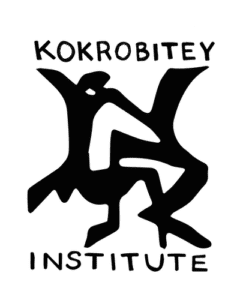
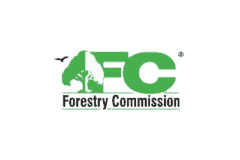

Lessons Learned & Future Plans
During OKO’s Fall 2020 pilot planting season, unexpected weather patterns ultimately contributed to a yield of less than 3% plant survival rate. In their efforts to address deforestation and ultimately climate change, OKO’s efforts have been challenged by changing climate patterns and unpredictable rainy season conditions. To supplement irrigation and mitigate rainfall uncertainty, OKO is investing in water infrastructure, including building a dam and drilling four water wells.
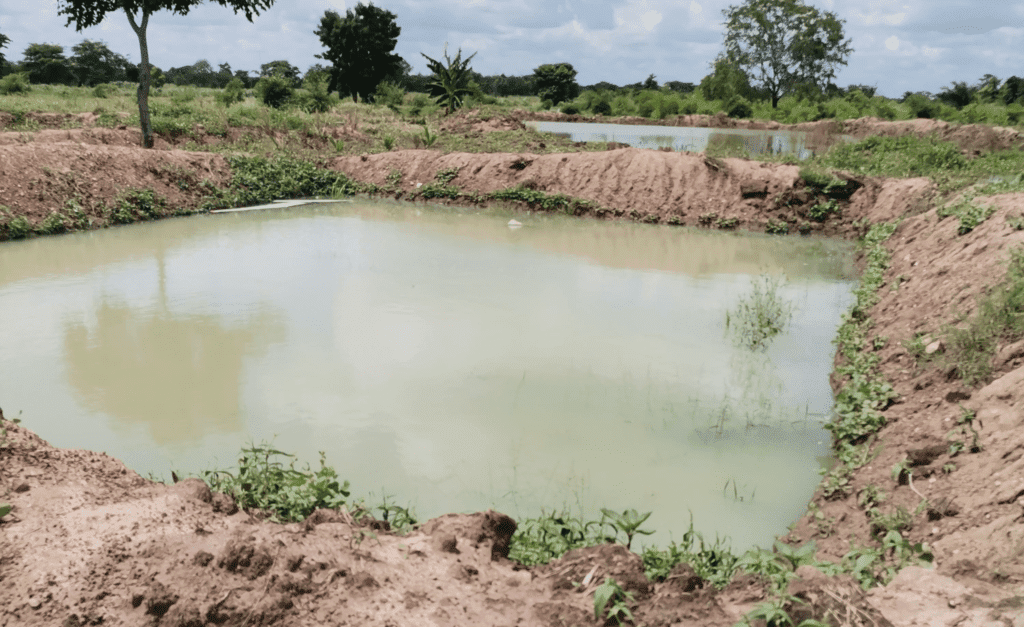
OKO continued into Phase 1a of planting in May 2021 with roughly 17,000 tree seedlings being planted, focusing on trees with a simultaneously higher crop production and carbon sequestration such as cashews and acacia trees. However, the Spring 2021 rainy season has been compressed, shortening the opportunity for planting. Planting is expected to continue with Phase 1b in the fall of 2021 with another 8,000 seedlings.
After diving into the benefits of global cashew exporting and regional opportunities, OKO intends to develop a Community Resource Management Area (CREMA) as well as a firm co-op program combined with other regions within Ghana as well as neighboring countries. From a planning perspective, OKO is focused on learning from farming practices over time and is committed to evolving their practices to meet crop demand as well as addressing any impacts from climate change.
OKO is currently working with an internationally recognized carbon registration firm, specializing in land-use projects that generate carbon credits, to certify their project. OKO’s project certification is critical to provide the farmers the economic resources needed to continue to care for the trees. Funds from the sale of carbon credits will be directly reinvested in the forest, ensuring long-term sustainability and success of the project.

DOWNLOAD THE FULL OKO FORESTS CASE STUDY
Enter your email below to download the full case study PDF to learn more about the OKO Forests reforestation program in Ghana.
Photos from the Project
